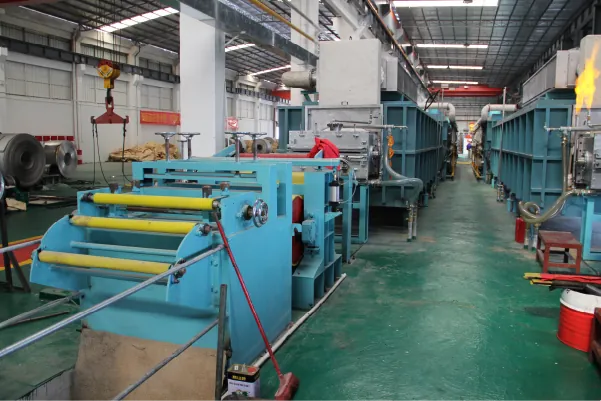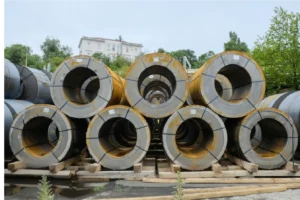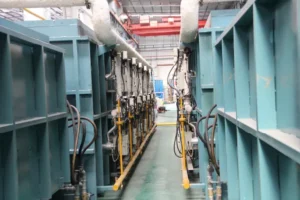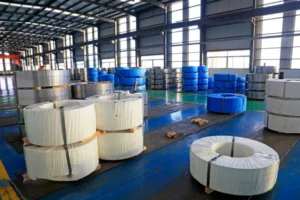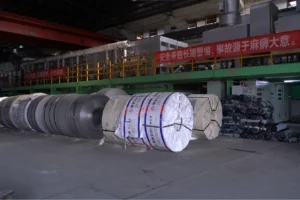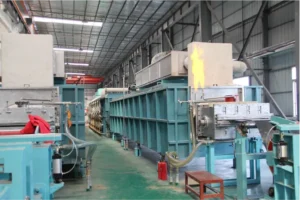5 Steps to Selecting the Right Stainless Steel Coil Supplier
Choosing a stainless steel coil supplier feels risky. A wrong move can disrupt your entire production line. We provide a clear, five-step process to help you find a reliable partner.
To select the right stainless steel coil supplier, you must systematically identify your technical needs, research supplier credentials, compare quotes based on total value, verify quality certifications, and finally, choose a partner committed to your long-term success. This structured approach minimizes risk and maximizes supply chain reliability.
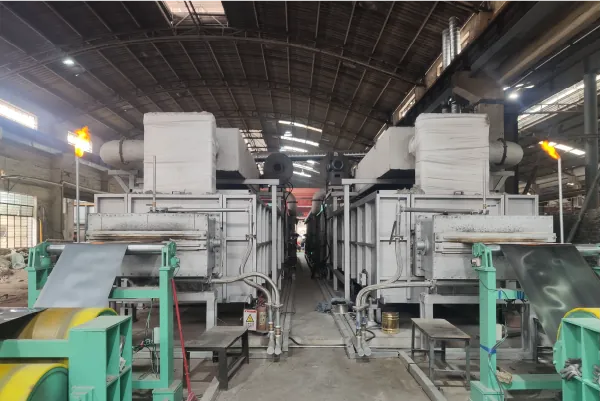
Over my career, I've seen countless companies struggle with this decision. The difference between a simple supplier and a strategic partner can define your company's success in a competitive market. It's not just about buying steel; it's about building a resilient supply chain. Let's walk through the exact process we recommend to our partners at MFY to ensure they make the best choice every time.
How Do You Identify Your Specific Requirements for Stainless Steel Coils?
Vague material needs lead to incorrect orders. This causes costly production delays and material waste. You must clearly define your technical specifications from the very beginning to avoid this.
Start by detailing your exact requirements. This includes the stainless steel grade (e.g., 304, 316L), surface finish (e.g., 2B, BA), precise dimensions like thickness and width, and the specific end-use application. This clarity is the foundation for getting accurate quotes and the right product.
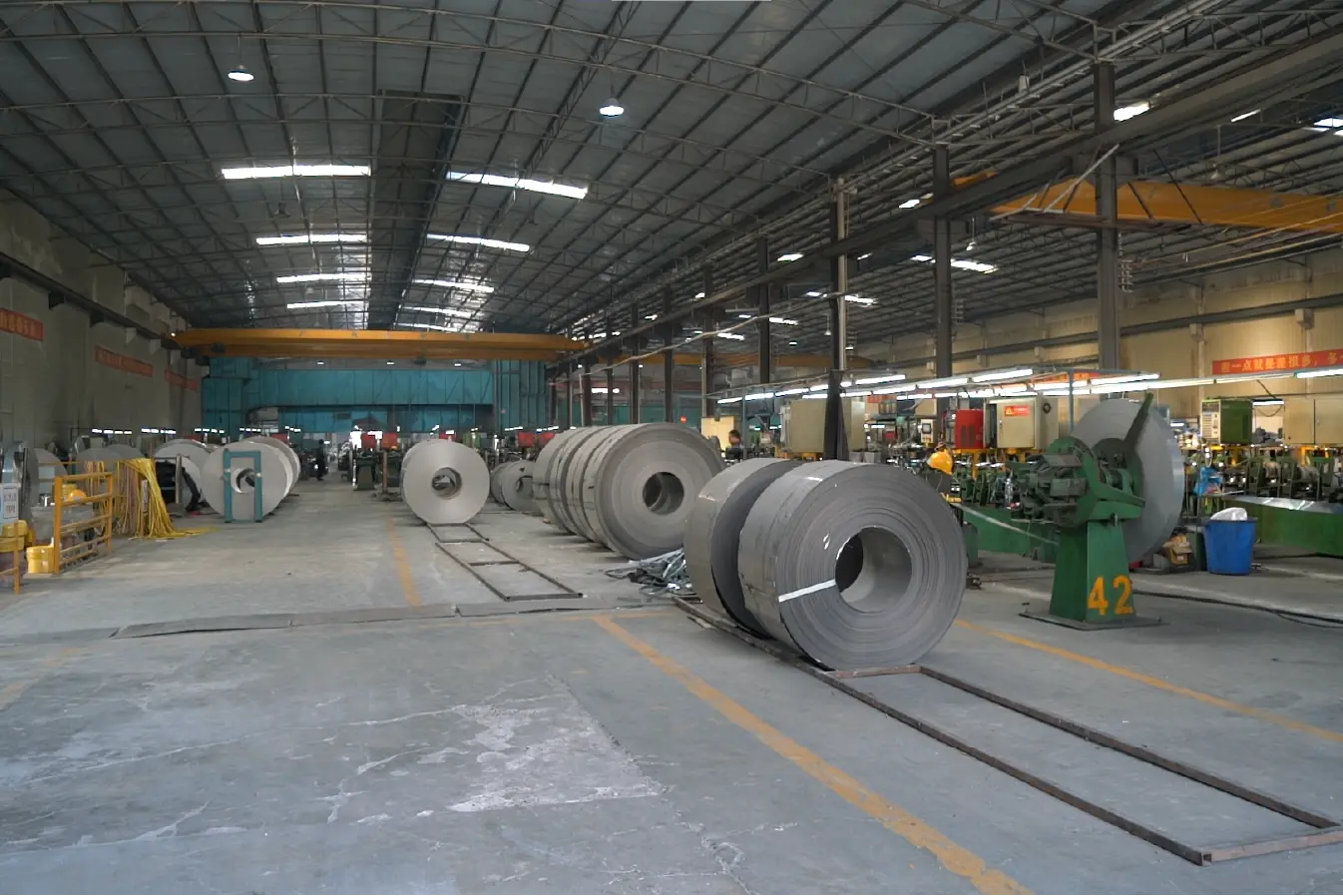
At MFY, the first conversation we have with any potential partner is about their specific application. This is the most critical step, and getting it wrong has significant consequences. A causal analysis is simple: the wrong grade or finish leads to product failure or premature corrosion, damaging your brand's reputation. We encourage our clients to think beyond just the basic grade.
Breaking Down Your Technical Needs
To ensure you cover all bases, your specification sheet should include details on mechanical properties, corrosion resistance requirements, and any special processing needs like slitting or cut-to-length. For example, a client in the food processing industry will need a different finish and grade than one in automotive manufacturing.
A Practical Guide to Common Grades
Understanding the common grades is essential. Here’s a simple table we use to guide our clients.
| Grade | Key Properties | Common Applications |
|---|---|---|
| 304 | Excellent corrosion resistance, good formability | Kitchen equipment, chemical containers, tubing |
| 316L | Superior corrosion resistance, especially against chlorides | Marine hardware, medical implants, pharmaceuticals |
| 430 | Good corrosion resistance, magnetic | Automotive trim, kitchen utensils, decorative uses |
By defining these parameters upfront, you not only ensure you receive the right material but also empower suppliers to provide accurate, competitive quotes. It transforms the conversation from a generic inquiry into a detailed technical discussion, which is the start of a productive partnership.
How Should You Research Potential Suppliers and Evaluate Their Credentials?
Many suppliers look impressive online. But not all of them can actually deliver on their promises. You must dig deeper into their history, capacity, and market reputation to verify their claims.
To evaluate a supplier, investigate their production capacity, market reputation, and history. Check for client testimonials and case studies. A truly credible supplier will have a proven track record, transparent operations, and the infrastructure to handle your order volume reliably and consistently.
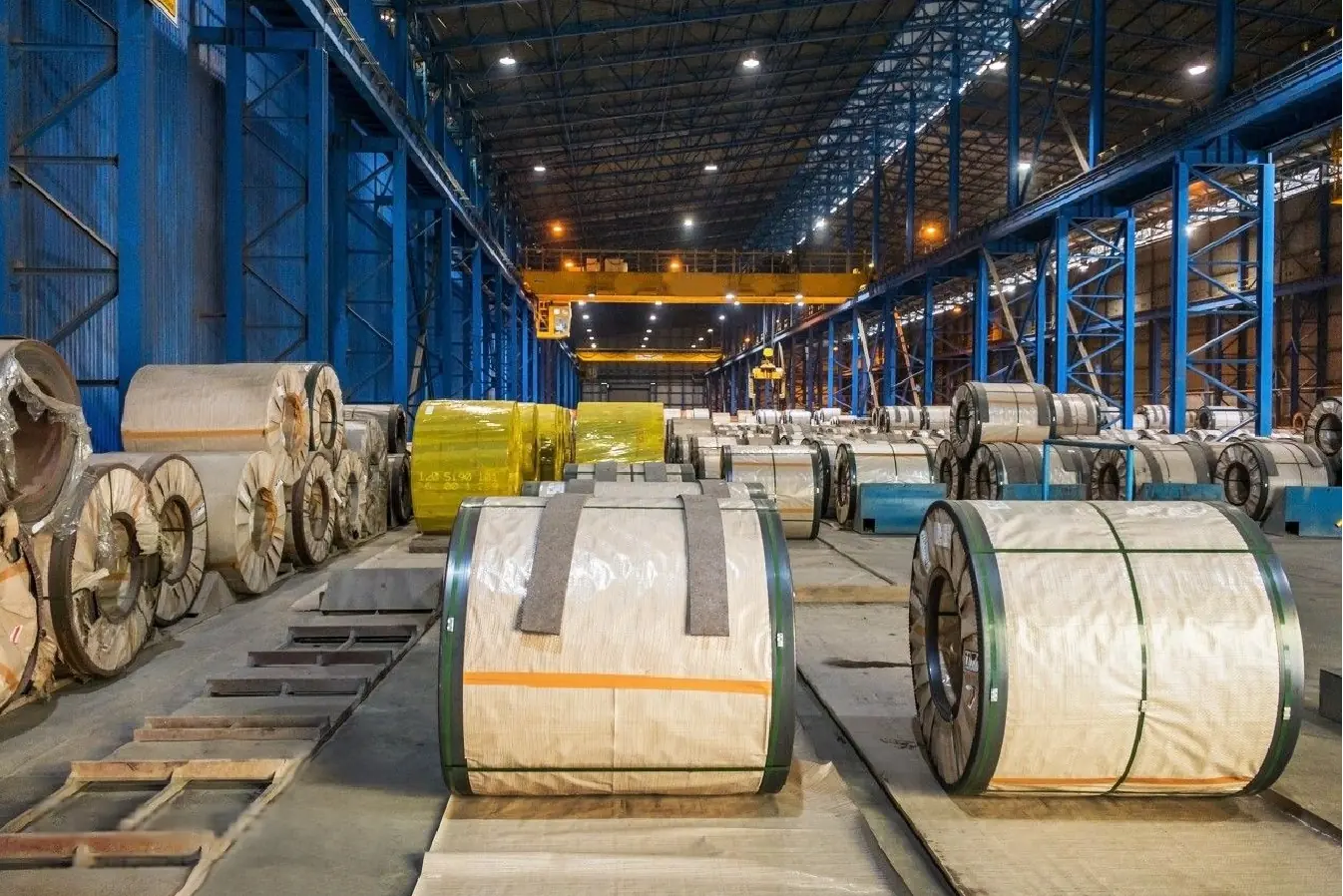
In today’s volatile market, a supplier's credentials go beyond a simple brochure. As I see it, the most important credential is a fully integrated supply chain. Phenomena like sudden price hikes and shipping delays have shown us that suppliers who control more of their process—from raw materials to export logistics—are far more resilient. This is a core part of our philosophy at MFY. We invested heavily in integrating our raw material trading, cold-rolling, and export services to protect our partners from market shocks.
Assessing Production Capacity and Technology
Don't just ask if they can handle your order; ask how. What is their monthly tonnage capacity? What kind of technology are they using in their mills? Modern equipment often translates to better quality control and tighter tolerances. A supplier with robust digital infrastructure, for instance, can provide real-time updates on your order status, adding a layer of transparency and trust.
Gauging Market Reputation
Look for suppliers who are seen as leaders in the industry. Do they publish market insights? Do they participate in international trade shows? A company that is actively engaged with the market is more likely to be stable and forward-thinking. In my role, I make it a point to connect with partners not just to sell, but to share insights that can help their business grow. That is the mark of a true partner, not just a supplier.
What's the Best Way to Request and Compare Quotes from Different Suppliers?
Focusing only on the lowest price is a common mistake. The cheapest quote can often hide costs in poor quality, delayed shipments, or inflexible terms, ultimately costing you more.
When comparing quotes, look beyond the price per ton. Analyze the total cost of ownership, which includes shipping costs, payment terms, lead times, and any value-added services. A slightly higher unit price might offer better overall value and lower risk for your business.
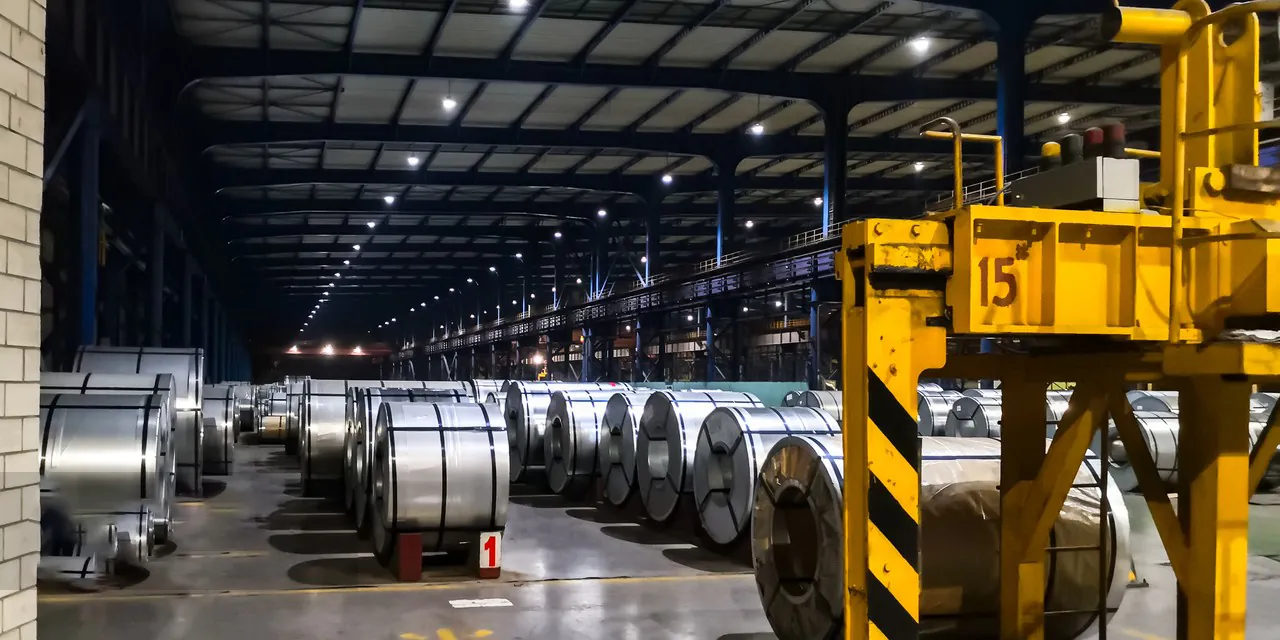
I always advise our clients to create a simple scorecard to compare offers. Price is just one column. The future implications of your choice are far more important. A supplier offering rigid payment terms might create cash flow problems for you, while another with a longer lead time could cause you to miss a critical deadline. It's about finding the best overall value, not just the lowest number.
Understanding the Total Cost of Ownership (TCO)
Let's break down what a TCO comparison might look like. It forces you to quantify the "hidden" aspects of a deal.
| Metric | Supplier A | Supplier B | Analysis |
|---|---|---|---|
| Price/Ton | $2,200 | $2,250 | Supplier A is cheaper on paper. |
| Lead Time | 45 Days | 30 Days | Supplier B is faster, reducing inventory costs. |
| Payment Terms | 100% Upfront | 30% Deposit, 70% on BL | Supplier B offers better cash flow. |
| Logistics | Ex-Works | CIF (Cost, Insurance, Freight) | Supplier B handles shipping, reducing your risk. |
In this scenario, Supplier B, despite the slightly higher unit price, offers significantly more value and lower risk. At MFY, we work hard to provide flexible terms and integrated logistics because we know that our partners' success is tied to their operational efficiency. This holistic view is essential for making a smart, strategic decision.
Why Is It Crucial to Assess Quality Assurance and Certification Standards?
Inconsistent material quality can ruin your products. This can lead to expensive recalls, production line shutdowns, and irreversible damage to your brand's reputation. Verifying a supplier's quality control is non-negotiable.
Assessing quality assurance and certifications like ISO 9001 confirms that a supplier adheres to strict international standards. This guarantees consistent material properties, reliable performance, and full traceability, protecting your production process and final product integrity.
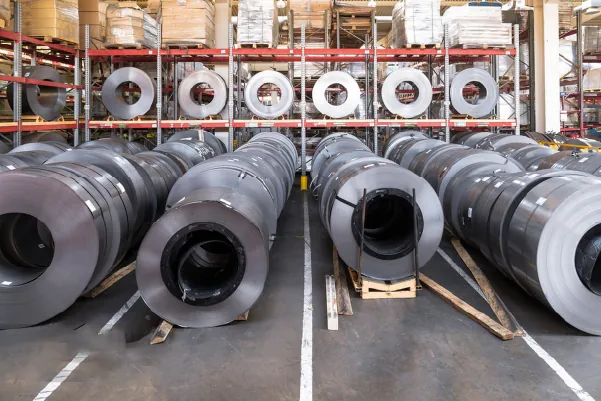
From my perspective, quality assurance is the bedrock of trust in our industry. It's not just a piece of paper; it's a commitment. A causal analysis is clear: strong quality control processes directly result in reliable, high-performing products. When we established our own production facilities at MFY, implementing a rigorous QA system based on international standards was our first priority. We knew that to serve global markets, our quality had to be verifiable and consistent.
Understanding Key Certifications
When you evaluate a supplier, ask for their certifications. The most common one is ISO 9001, which demonstrates a commitment to a quality management system. This means the supplier has defined processes for everything from handling orders to managing non-conforming products. It shows they are serious about consistency and continuous improvement.
The Importance of the Mill Test Certificate (MTC)
Never accept a shipment without a Mill Test Certificate (MTC), also known as a Material Test Report (MTR). This document is the material's birth certificate. It provides detailed information on the chemical composition and mechanical properties of the specific coil you are receiving. It is your proof that the material meets the standards you specified. At our company, an MTC accompanies every single coil that leaves our facility, providing our partners with complete confidence and traceability.
How Do You Make a Final Decision and Establish a Long-term Partnership?
A one-time purchase is just a transaction. It leaves your business vulnerable to future supply chain disruptions and market volatility. The goal should be to find a partner invested in your success.
Make your final decision based on which supplier offers the best combination of quality, value, and reliability. Select a company that provides strong communication, technical support, and market insights. This approach moves beyond a simple transaction to build a strategic partnership for long-term growth.
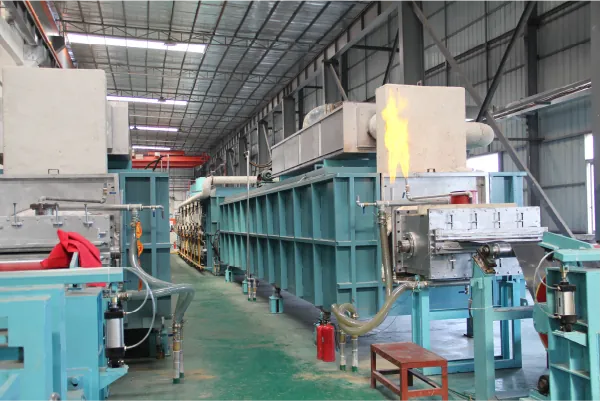
After you've done all the analysis, the final decision often comes down to which supplier you trust to be a true partner. In my experience leading MFY's global business, I've seen that the best relationships are built on more than just steel. They are built on shared goals and mutual support. A supplier should be a resource who can help you navigate market changes, offer advice on new materials, and work with you to solve challenges.
Beyond the Transaction
A long-term partner is proactive. They will inform you about potential price trends or supply issues before they become problems. They will work with you to optimize your inventory levels and delivery schedules. This kind of collaboration is what drives real competitive advantage. We strive to be this partner for our clients by leveraging our integrated supply chain and digital tools to provide a level of service that goes far beyond simply fulfilling an order.
Building Resilience Together
The future of manufacturing will be defined by agility and resilience. Your choice of a stainless steel supplier is a critical part of this. A partner with a robust, integrated supply chain and a commitment to innovation will help you weather economic storms and adapt to new opportunities. By choosing a supplier who shares your vision for growth, you are not just buying stainless steel coils—you are investing in a more stable and prosperous future for your business.
Conclusion
Choosing the right supplier is a strategic decision. Following a systematic process ensures you find a reliable partner, securing your supply chain and driving your long-term business success.
Have Questions or Need More Information?
Get in touch with us for personalized assistance and expert advice.
